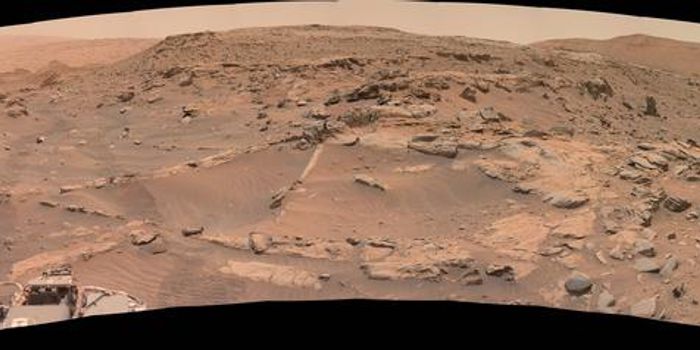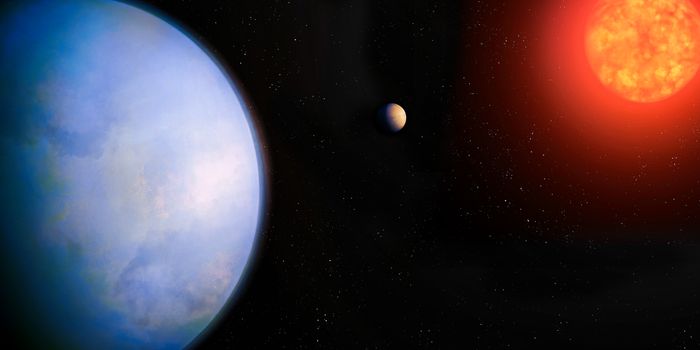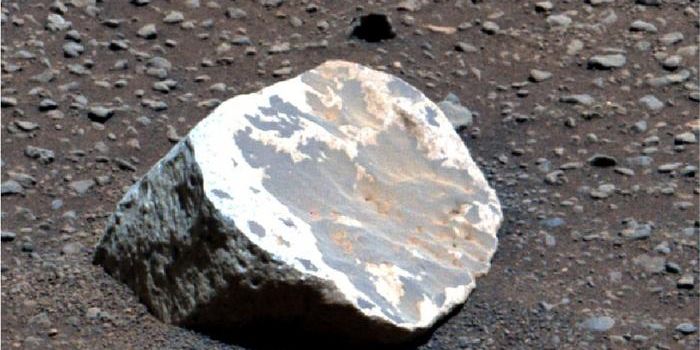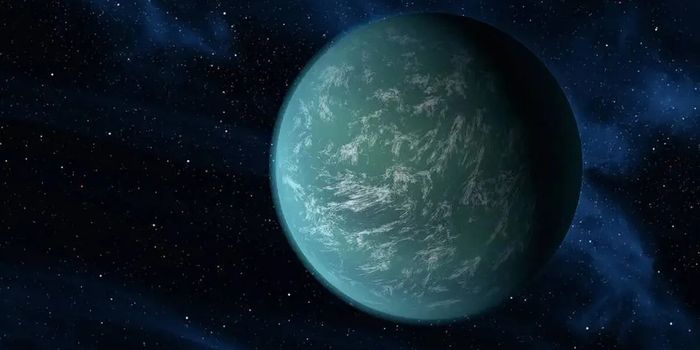Could There Be Life on Venus?
Venus is the hottest planet in our solar system, reaching 465 degrees Celcius- a temperature hot enough to melt lead. While its surface is likely too hot to support life, researchers now say that life may nevertheless exist in the planet's clouds- at an altitude of 30 and 37 miles.
Earlier research has theorized that Venus may have once been a habitable desert world around a billion years ago. Millennia of rising temperatures, however, likely caused its oceans to evaporate, leaving the Venusian atmosphere how we know it today- around 50 times drier than the most arid place on Earth, the Atacama Desert.
Although the possibility that life may exist in Venus's clouds may seem outrageous, researchers have previously said that microbes could potentially shelter within cloud droplets. The main trouble with this hypothesis alone, however, is that precipitation would cause these microbes to rain onto Venus' surface to a molten death.
Now, however, Sara Seager, a planetary scientist at MIT, and her colleagues say that there is a hypothetical scenario in which microbes could survive in the skies of Venus and not be subject to death by raining down on the planet's surface.
This comes as there is a layer of haze between 29.5 and 20.5 miles from the planet's surface that may be able to catch any microbes as they rain down from the clouds. Although likely too hot at this altitude to reproduce, they would be able to lay dormant until planetary updrifts would push them back upwards to more hospitable, temperate layers of the atmosphere, where they could attract spires of fluid and resuscitate themselves back to life.
If just 1% of one-thousandth of the mass of Venus's lower haze layer is made up of these microbes, the researchers say the there could be as many as 5,000 metric tons of microbes on the planet. Although still a hypothesis, these findings could raise some interesting questions about life in the universe- questions that may one day be answered by future missions to Venus.
Sources: Space.com, Astrobiology









